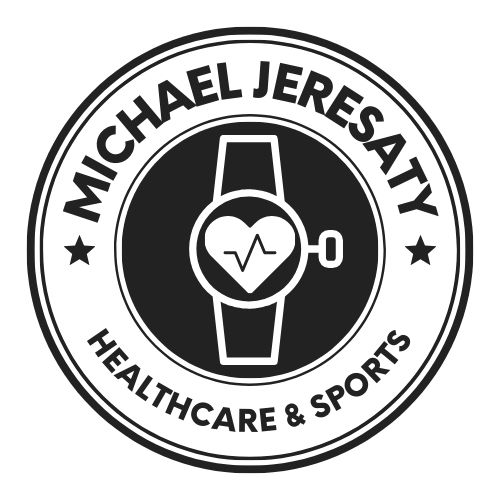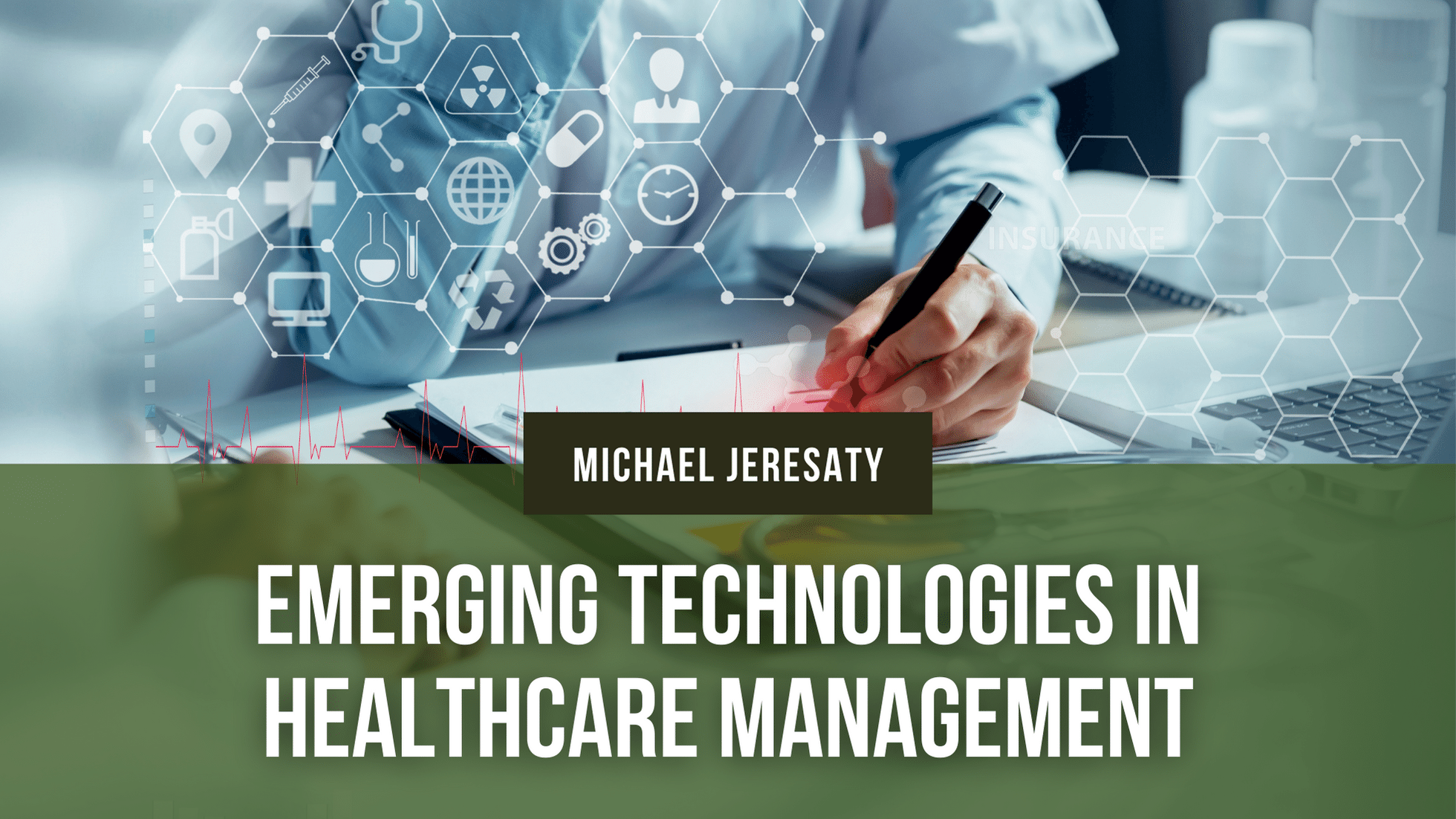The landscape of healthcare is continuously evolving, driven by advancements in technology. These emerging technologies are revolutionizing healthcare management, making it more efficient, cost-effective, and patient-centered. This article delves into some of the most significant technological innovations reshaping healthcare management today.
Artificial Intelligence and Machine Learning
Artificial Intelligence (AI) and Machine Learning (ML) are at the forefront of transforming healthcare management. These technologies are used to analyze large datasets, predict patient outcomes, personalize treatment plans, and even diagnose. Artificial intelligence (AI) algorithms can detect patterns and anomalies in data that may go unnoticed by human eyes. For example, AI analyzes medical imaging more accurately and quickly than traditional methods. Additionally, machine learning algorithms can help predict patient readmission risks and identify potential health crises before they occur.
Telemedicine and Telehealth
The use of telemedicine and telehealth has revolutionized the way healthcare is delivered. Patients can now receive medical consultations, therapy, and follow-ups remotely using smartphones or computers. This not only increases the accessibility of healthcare services, particularly for people in remote or underserved areas, but also reduces the need for physical hospital visits, thereby decreasing the burden on healthcare facilities.
Wearable Technology and IoT Devices
IoT devices and wearable technology play an important role in proactive health management. Smartwatches, fitness trackers, and health monitors collect vital health data such as heart rate, blood pressure, and sleep patterns. Detecting potential health issues early and intervening in a timely manner is possible through this continuous monitoring process. Moreover, these devices enable patients to play an active role in managing their health.
Blockchain in Healthcare
Blockchain technology offers immense potential to manage healthcare data securely and efficiently. It provides a decentralized and tamper-proof method of storing patient records, ensuring data integrity and security. Blockchain can also streamline the sharing of medical records among healthcare providers, improving collaboration and patient care continuity.
3D Printing in Medicine
3D printing is revolutionizing various aspects of healthcare, including creating customized medical devices, implants, and even human tissues. This technology allows for producing tailor-made solutions for individual patients, enhancing the effectiveness of treatments and surgeries.
Robotics and Automation
As technology advances, robotics and automation become more prevalent in healthcare management. Robots are being used for tasks ranging from disinfecting hospital spaces to assisting in surgeries. Automation in laboratory processes and administrative tasks also enhances efficiency and accuracy in healthcare settings.
Challenges and Future Prospects
While these technologies offer immense benefits, they also present challenges regarding data privacy, ethical considerations, and equitable access. Moreover, there is a need for adequate training and infrastructure to integrate these technologies effectively into existing healthcare systems.
Integrating emerging technologies in healthcare management creates a more dynamic, efficient, and patient-focused healthcare environment. They will ultimately improve patients’ health outcomes and quality of life as they evolve, resulting in continued healthcare delivery and management transformation.

